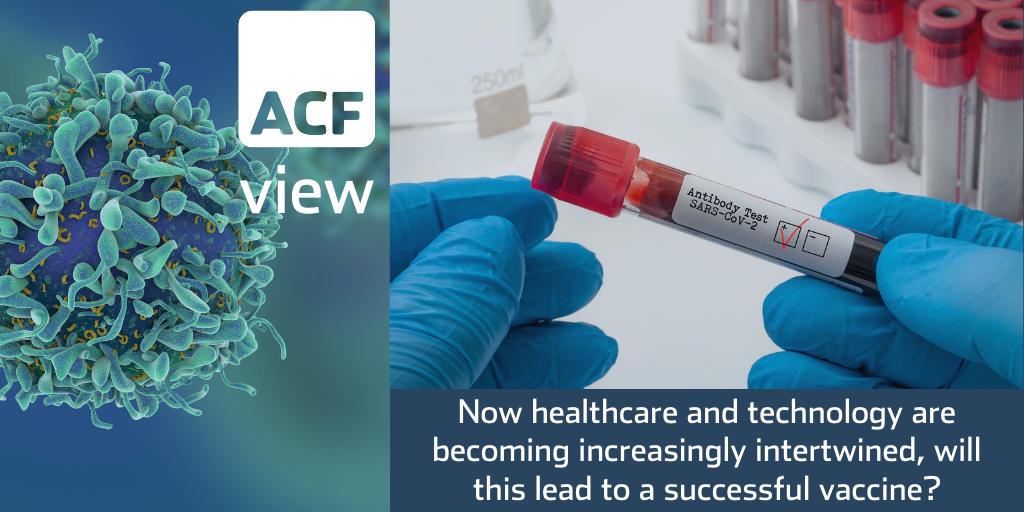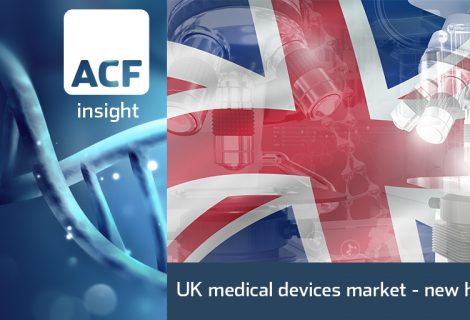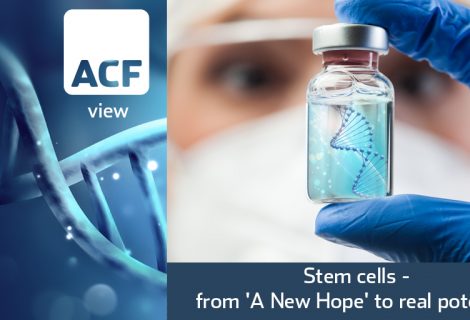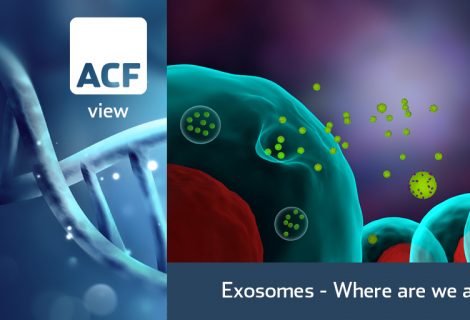Now healthcare and technology are becoming increasingly intertwined, will this lead to a successful vaccine?
Soo Aleman, a researcher and physician at the Karolinska University Hospital in Stockholm, released a study on 29 June 2020 that showed that individuals who had been infected by SARS-CoV-2 either did not develop any antibodies or if they did the levels were too low to be detected.
Aleman’s study involved 203 adult patients that had all recovered from Covid-19 and detected only T-cells and no antibodies. This raises the concern that if individuals are not producing an antibody they may not respond to a Covid vaccine.
Healthy Human T-Cell
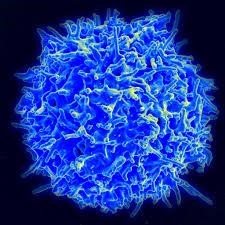
Source: NIAID – flickr.com
Ideally when there is a virus the body will produce protective antibodies that will stop the virus from spreading and killer T-cells that eliminate the virus by destroying the host cell. The T-cell releases peforin that makes a hole in the host cell and then cytotoxins from the T-Cell enter the host cell and destroy it along with the viruses inside.
Aleman’s study looked at virus-specific CD4+ and CD8+ (helper T-Cells) tests of detection. CD4 will fight off infections whereas CD8 is able to fight off stronger intruders such as cancer cells. As T-cell helpers, they boost the sensitivity of T-Cells to antigens increasing their ability to fight off infections and eliminate viruses.
According to Aleman there is not enough knowledge as to how T-Cells react to SARS-CoV-2 and in particular, knowledge of epitope – the part of the antigen that the antibody will attach itself to in order to eliminate it.
Aleman suggests that by understanding T-Cell reactions and antibody-epitope interactions we would be one step closer in finding a good candidate for a Covid vaccine. Focusing only on antibody testing is not going to be enough.
Other researchers are in agreement with Aleman’s approach and assessment that T-Cells should be studied more closely.
Adrian Hayday, an immunologist from King’s College London, says that T-Cells are known to have an ability to remember previous infections and therefore, can still protect the immune system if an individual were to get infected a second time. We see this with the common cold.
Exhibit 1 shows the level of detection of T-Cells in Leif Erik Sander’s study from the Charite University Hospital in Berlin (sample size = 25) and Alessandro Sette’s study from La Jolla Institute for Immunology in California (sample size = 20). Both studies produce results that are greater than 80%. These results are encouraging because even if antibodies may not be detected, T-Cells are, which still provides researchers and physicians with a positive outlook and opportunity to find a cure against Covid-19.
Exhibit 1 – Percent of T-Cell detection in patient sample infected with Covid-19, 2020
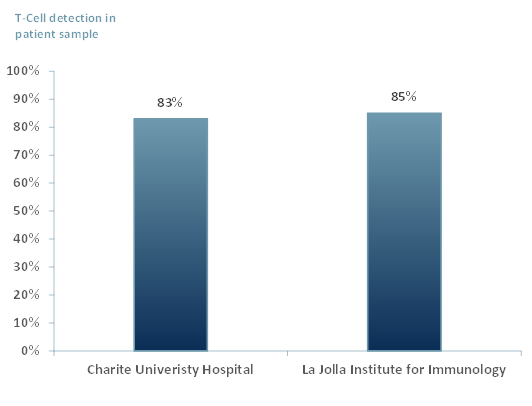
Sources: ACF Equity, Research; Charite University Hospital; La Jolla Institute for Immunology.
ACF View: We are now seven months into the Covid-19 pandemic and researchers and physicians still have yet to establish what is the best course of treatment. Historically, we know that finding a vaccine can take anywhere from 12-18 months, which is why researchers are avidly examining other solutions.
The overall sentiment is one of continued uncertainty. No one can even decisively say whether or not an antibody test is the best course of action, let alone which is the best vaccine candidate or course of post infection treatment (though all this is improving).
What we do know is that extensive further research is required in order to come up with a vaccine, in spite of the current 300 or so candidates currently under testing or proposed.
If Covid-19 has taught us anything it is that healthcare and technology are becoming increasingly and intimately intertwined. The healthcare industry, pre-covid, was heavily reliant on technology and now it is even more dependent as we embark on this ‘new normal’ where telehealth is a must and working from home (for at least on third of our time seems inevitable.
R&D is of the utmost importance, however healthcare companies must have the resources, i.e. via technology and funding. Healthcare R&D spend in 2020 is expected to be USD 185bn and ranks the highest ahead of computing and electronics. ACF forecasts healthcare R&D to reach $233bn in 2025E, a CAGR of 5%.
The relationship between healthcare and technology presents a very attractive investment opportunity. It also presents opportunities for small and mid-cap companies to enter into these niche markets and intersection markets that have been either deepening or emerging as a result of the pandemic.

